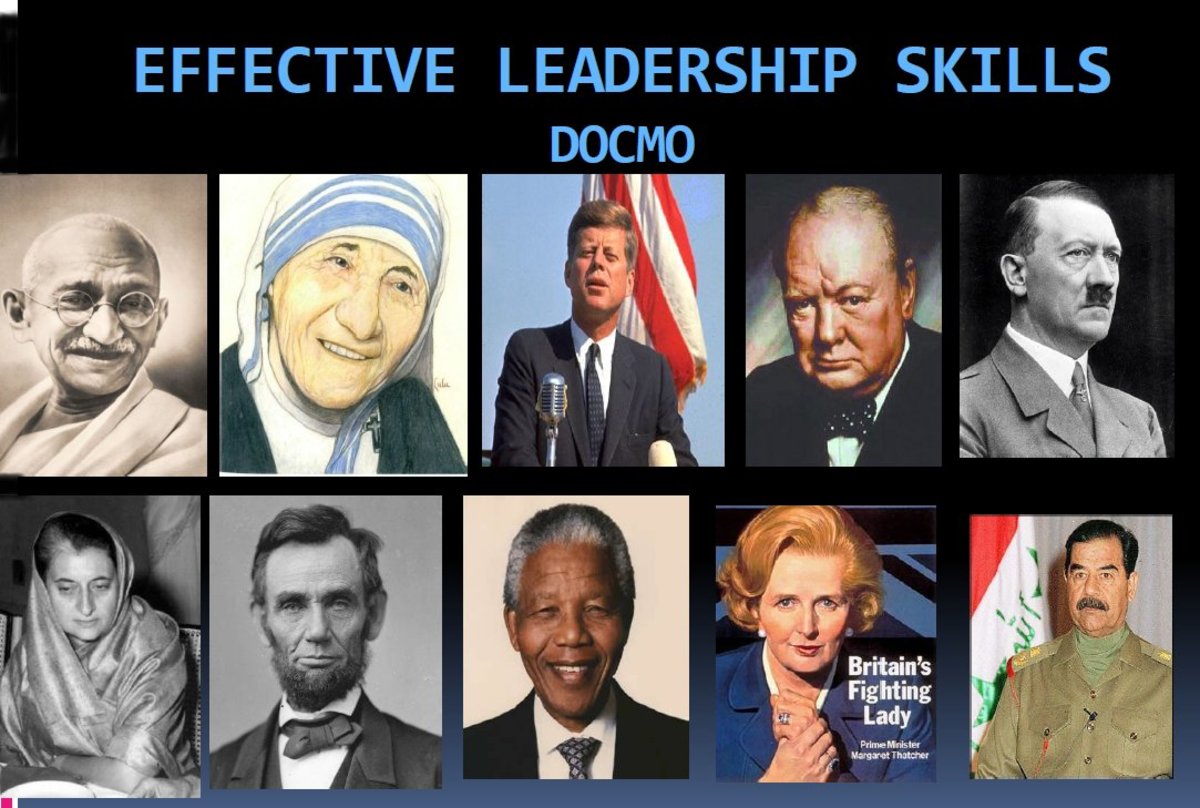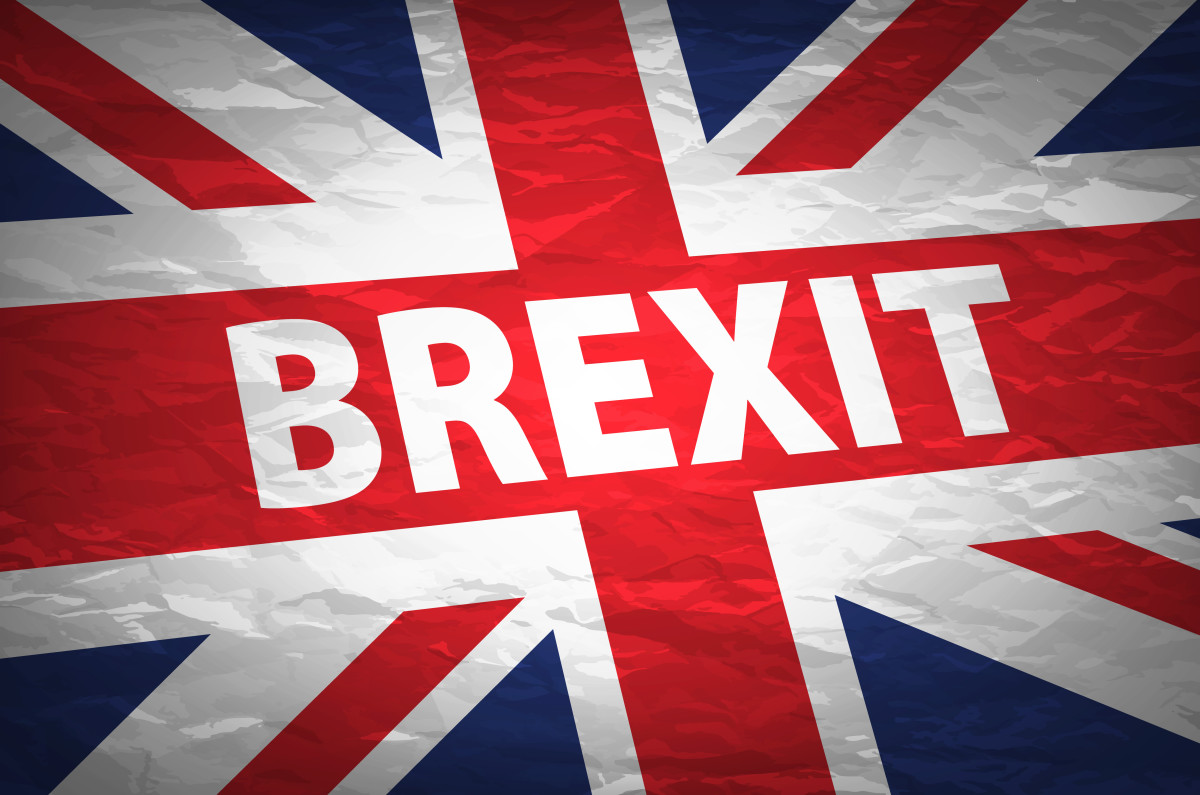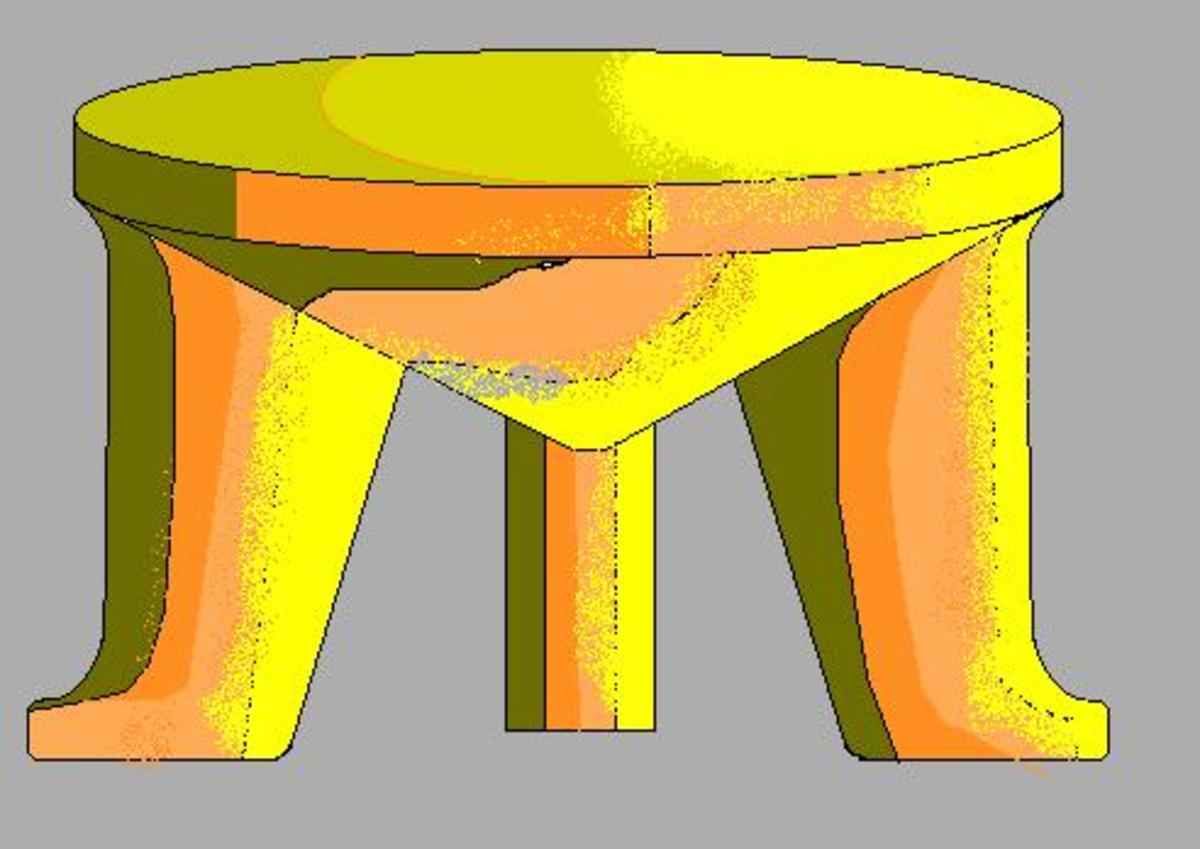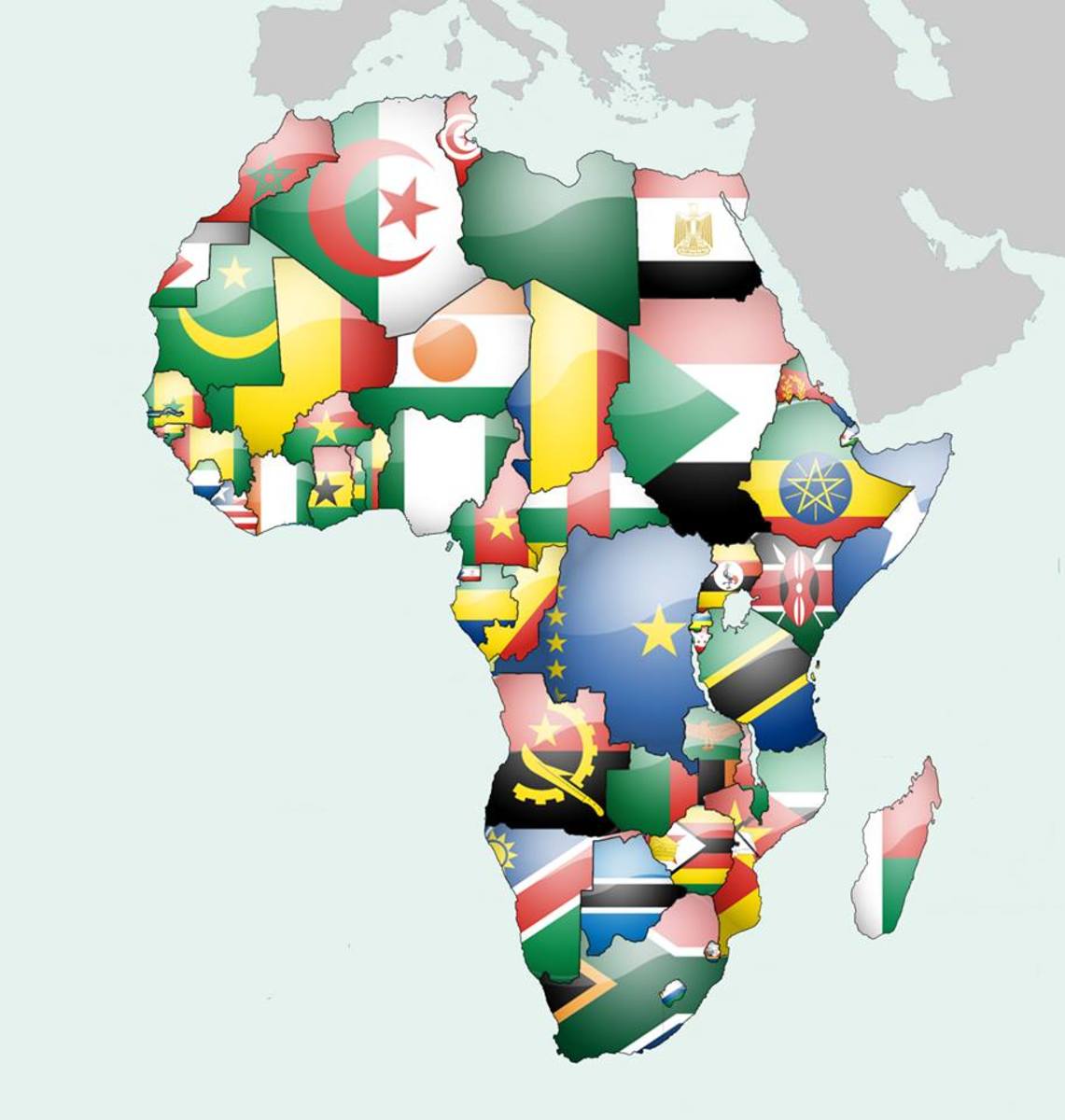Political Leadership in Africa,Economy Transformation and Political Freedom.
Introduction
No nation, community or Organization can survive without leadership. Leadership is critical requirements of communal existence. The world have its own leaders, Africa has too. Leaders exist to offer direction and to drive real changes that reflect our mutual purposes and goals.
The decision and actions of leaders must take into consideration the aspiration and rights of followers. Leaders consciously or unconsciously represent the value system of the people. What they do, how they do it, why they do it are all important to the people they lead. Their actions and its moral component impacts significantly on the morals of the people.
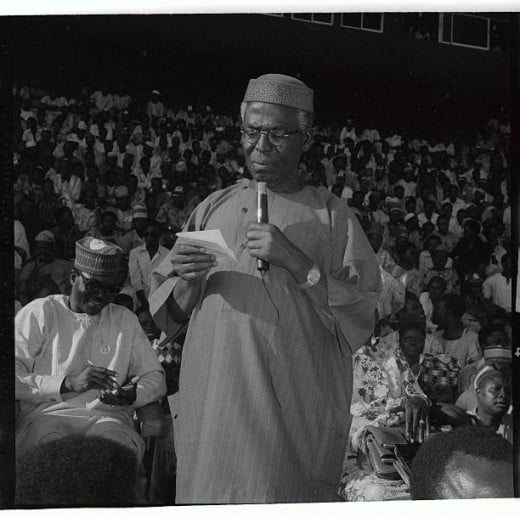
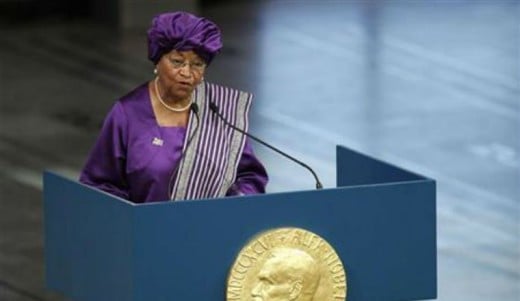
Classes of Political Leaders :
Two classes of political leadership are easily distinguishable. The first sets of political leaders see their role or office as a social responsibility, a scared trust, a national duty and call to serve. This is what is lately referred to as servant “leadership”. The second set of political leaders see their office as a symbol of personal identity, conquest of constituents, prestige access to resources, and lofty status. This appears to be the predominant kind of leaders we have had in the recent past.
The world has its own share of leaders belonging to different persuasion as Africa does. At the world stage, political leaders like Abraham Lincoln, Nelson Mandela, Julius Nyerere, Indira Ghandi and Winston Churchill co-exist with Adolf Hitler and Saddam Hussein.
In Nigeria one of the African’s countries Obafemi Awolowo and Nnamdi Azikwe shares the scene with General. Sani Abacha. Perhaps the differences in all these classes of leaders are their moral standing, the value system, their ideas and philosophical learning.
Morally upright leaders are scare. It is even more scare in African countries, where most persons who emerge leaders are products of accident or invitation to leads. A moral political leader is one who tells the people the difference between right and wrong. One whose action is for the best interest of the majority, not one driven by the intention to satisfy selfish desires. A leader whose actions are consistent with his words. A leader whose vision and values of leadership are rooted in the aspirations and resolutions of followers. A novelist came to the conclusion that power without morality is no longer power.
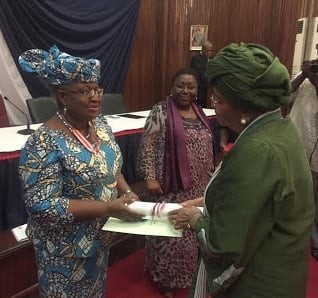
Economy Transformation
It is very important to know that there can be no true political leadership that commands followership without a strong moral foundation. Political leaders who are morally upright exist in our shores but the percentage is negligible and hence has been drowned by the vocal majority. There is no time Africa countries needs morally upright leaders than now. A period that we are at some crossroad in our national life. A period when the economy is undergoing some transformation, when people are beginning to believe in the tenets of democracy, when the people have another opportunity to drive their own development. The people need to be at the center of leadership. Responsible, responsive and moral leadership requires as a minimum that appropriate mechanisms be put in place which recognizes the right of followers.
The past regime in some African countries rightly or wrongly, started some sort of reforms with the economy. The reforms should extend to the entire mantra of our political leadership. We urgently need reforms in the ethical conduct of our leaders which so far is below acceptable standard of sanity. I am convinced that without the emergency of moral leadership, standard of ethics and development will neither emerge nor be sustained in our National life. To achieve morally sound leadership in our nation requires commitment from top to bottom.
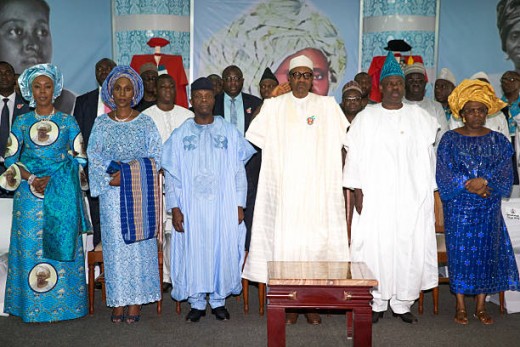
Political Freedom
Political freedom is possible only where justice is in the seat of authority, where all orders and degrees work in harmony with the organic laws which man neither made nor can alter-where the unwise are directed by the wise, and those who are trusted with power use it for the common good.
A country so govern is a free country, be the form of the constitution what it may. A country not so governed is in bondage, be its suffrage never so universal. Where justice is supreme, no subject is forbidden anything which he has a right to do or to desire; and therefore it is that political changes, revolutions, reforms, transfers of power from one order to another, from kings to aristocracies, from aristocracies to people are in themselves no necessary indications of political or moral advance. They mean merely that those in authority are no longer fit to be trusted with exclusive power. They mean that those high persons are either ignorant or so incapable, or have forgotten the public good in their own pleasure, ambitions, or superstitions; that they have ceased to be representatives of any superior wisdom or deeper moral insight, and may therefore justly be deprived of privileges which they abuse for their own advantage and for public mischief.
Healthy nations when justly governed never demand constitutional changes. Men talk of entrusting power to the people as a moral education, as enlarging their self-respect, elevating their imaginations, making them alive to their dignity as human beings. It is well, perhaps, that we should dress up in fine words of phenomenon which is less agreeable in its nakedness. But at the bottom of things the better sort are always loyal to governments which are doing their business well and impartially. They doubt the probability of being themselves likely to mend matters, and are thankful to let well alone. The growth of popular constitutions in a country originally governed by an aristocracy implies that the aristocracy is not any more a real aristocracy that it is alive to its own interests and blend to other people’s interest. It does not imply that those others are essentially wiser or better, but only that they understand where their own shoes pinches; and that if it be merely a question of interest, they have a right to be considered as well as the class above them.
Conclusion
In one sense it may be called an advance, that in the balance power so introduced particular forms of aggravated injustice may be rendered impossible; but we are brought no nearer to the indispensable thing without which no human society can work healthily or happily the sovereignty of wisdom over folly the pre-eminence of justice and right over greediness and self-seeking. The unjust authority is put away; the right authority is not installed in its place.
Grab your copy now!

© 2017 ODEWOYE FRANCIS SUNDAY

